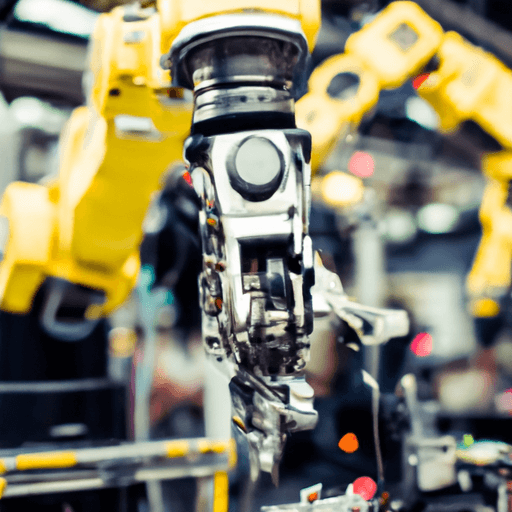The Impact of Artificial Intelligence on the Future of Work
As technology advances at a rapid rate, it is becoming increasingly evident that Artificial Intelligence (AI) will continue to play a larger role in the future of work. AI-driven automation is becoming more commonplace, and it is important to consider the implications this may have on employment and the way we work.
AI Replacing Human Jobs
One of the primary concerns associated with AI is its potential to replace human jobs. AI-powered automation has the potential to disrupt entire industries, such as manufacturing, transportation, and customer service. AI systems can be programmed to complete a variety of tasks more quickly and accurately than humans, and in some cases, they can even outperform humans in terms of speed and accuracy. This could lead to a reduction in the number of jobs available in certain sectors, as AI systems can take over the roles previously occupied by human employees.
AI Creating High-Paying Jobs
While AI has the potential to displace human workers, it also has the potential to create new, high-paying jobs. As AI-driven automation becomes more widespread, there will be an increasing demand for people with the knowledge and skills to develop, manage, and maintain AI systems. This could lead to the creation of a whole new job market, with roles such as AI engineers, AI scientists, and AI analysts in high demand.
AI Disrupting Traditional Work Structures
AI is also likely to disrupt traditional work structures. AI-powered automation could lead to more flexible working arrangements, such as remote work and freelance opportunities. AI-driven automation could also lead to a shift in the way people are compensated for their work, with the focus shifting from hourly wages to performance-based pay. In addition, AI could lead to a shift from full-time employment to project-based work.
Implications of AI on the Future of Work
The implications of AI on the future of work are far-reaching and complex. It is clear that AI-driven automation has the potential to both displace human workers and create new, high-paying jobs. It is also likely to disrupt traditional work structures and lead to a shift in the way people are compensated for their work. It is important to understand the implications of AI and prepare for this change by developing the necessary skills and adapting to new ways of working.



















Comments
Leave a Comment